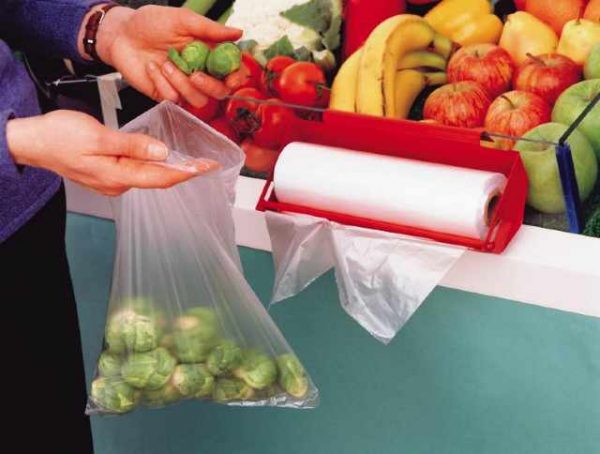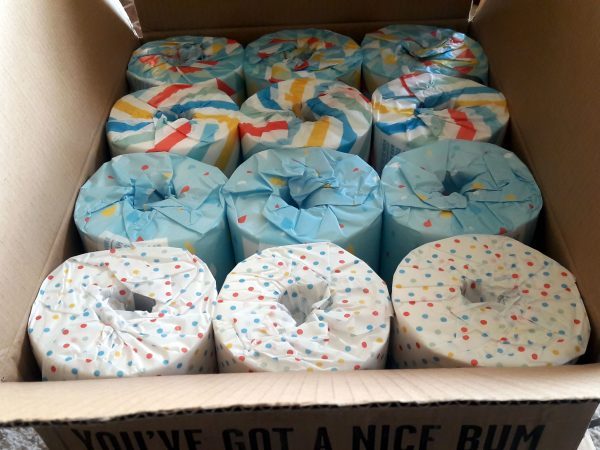Newest
Popular
Products
Billi Media
Is Going Plastic-Free More Expensive for the Individual?
What Will Going Plastic-Free Cost You?
Knowing and understanding the damage plastic waste has on the environment, many of us are trying to cut down and go plastic-free. But, with plastic at every turn, it’s getting increasingly hard to cut it out. Some people are even finding that going plastic-free is costing them more money. Surely, those cutting out plastic from their lives should be rewarded? Unfortunately, financially, that’s not the case.
Going Green – The Cost
Supermarkets seem to be the biggest culprit in pricing plastic wrapped items for less. Many people have found that they actually end up paying more for individual fruit and veg than their plastic wrapped counterparts. Fruit and vegetables can often be found more expensive when loose. Supermarket giant Morrisons claimed that was because the loose fruit and veg is often of a “higher spec”.
It seems baffling that people should be charged more for doing something good. Yes, the environmental cost far outweighs that of the cost of individual fruit and veg, but there shouldn’t be a price increase for people just trying to do their bit on reducing single-use plastic waste.

Increasing prices for loose fruit and veg does nothing except discourage people from going green. Supermarkets will very quickly lose custom if they do not provide a sustainable alternative to plastic wrapping. However, this could benefit local grocery stores, as they often wrap in paper bags. People will naturally gravitate towards the local stores that wrap in paper rather than plastic saturated supermarkets.
Spotting the difference between plastic wrapped and loose fruit and veg, people have demanded answers from some of the supermarkets. Louise Edge, senior oceans campaigner for Greenpeace UK even said, leave the plastic with the supermarkets, and make it their problem.
“There is a short-term solution to this problem, which is for customers to buy the pre-packaged version when that is cheaper, but leave the packaging with the supermarket,” she said. “They’ve created the problem, let them deal with it. If enough people do that, no doubt the supermarkets will switch to offering reasonably priced loose fruit and veg very quickly.”
Plastic is Everywhere
The problem is, when you come to cut out plastic, you quickly realise it is literally everywhere. Bottles, food wrap, cutlery, toothbrushes, skin care, packaging and more. Cutting it out is no easy feat, and it’s not only food that can cost more when it’s not wrapped in plastic.

Toilet paper and kitchen roll are often wrapped in plastic. Finding ones that aren’t isn’t an easy task. One reporter even had to order toilet roll online for it to arrive wrapped in something other than plastic. However, this then meant that the toilet roll had to be delivered to her house, which meant it was affecting the environment in another way; CO2 pollution from the van that delivered it.
Starting to go plastic-free needs to begin at home, but also in the workplace. That’s why we’re so proud to have our Billi glass bottles, which negate the need for plastic ones. It’s also why our taps are so important, as they drastically reduce the need for bottled water at work, as your employees have access to fresh, chilled sparkling water at the touch of a button.
Why not see how you can cut your plastic use this week? Let us know how you get on!
CATEGORIES
- 'How to' Guides
- Company News
- Eco News & Information
- Educational Information
- Health News & Information
- The Hydration Showroom
ARCHIVES
- September 2024
- August 2024
- June 2024
- April 2024
- March 2024
- February 2024
- December 2023
- November 2023
- July 2023
- June 2023
- May 2023
- April 2023
- March 2023
- August 2022
- April 2022
- March 2022
- October 2020
- September 2020
- March 2020
- February 2020
- January 2020
- December 2019
- November 2019
- October 2019
- September 2019
- August 2019
- July 2019
- June 2019
- May 2019
- April 2019
- March 2019
- February 2019
- January 2019
- December 2018
- November 2018
- October 2018
- September 2018
- August 2018
- July 2018
- June 2018
- May 2018
- April 2018
- March 2018
- February 2018
- January 2018
- December 2017
- November 2017
- October 2017
- September 2017
- August 2017
- July 2017
- June 2017
- May 2017
- April 2017
- March 2017
- December 2016
- November 2016
- October 2016
- September 2016
- July 2016
- July 2015
- July 2014
- May 2014
- March 2014
- January 2014
- July 2013
- June 2011
- March 2011
